TUNIC - Switch Review
"Clever like a fox"
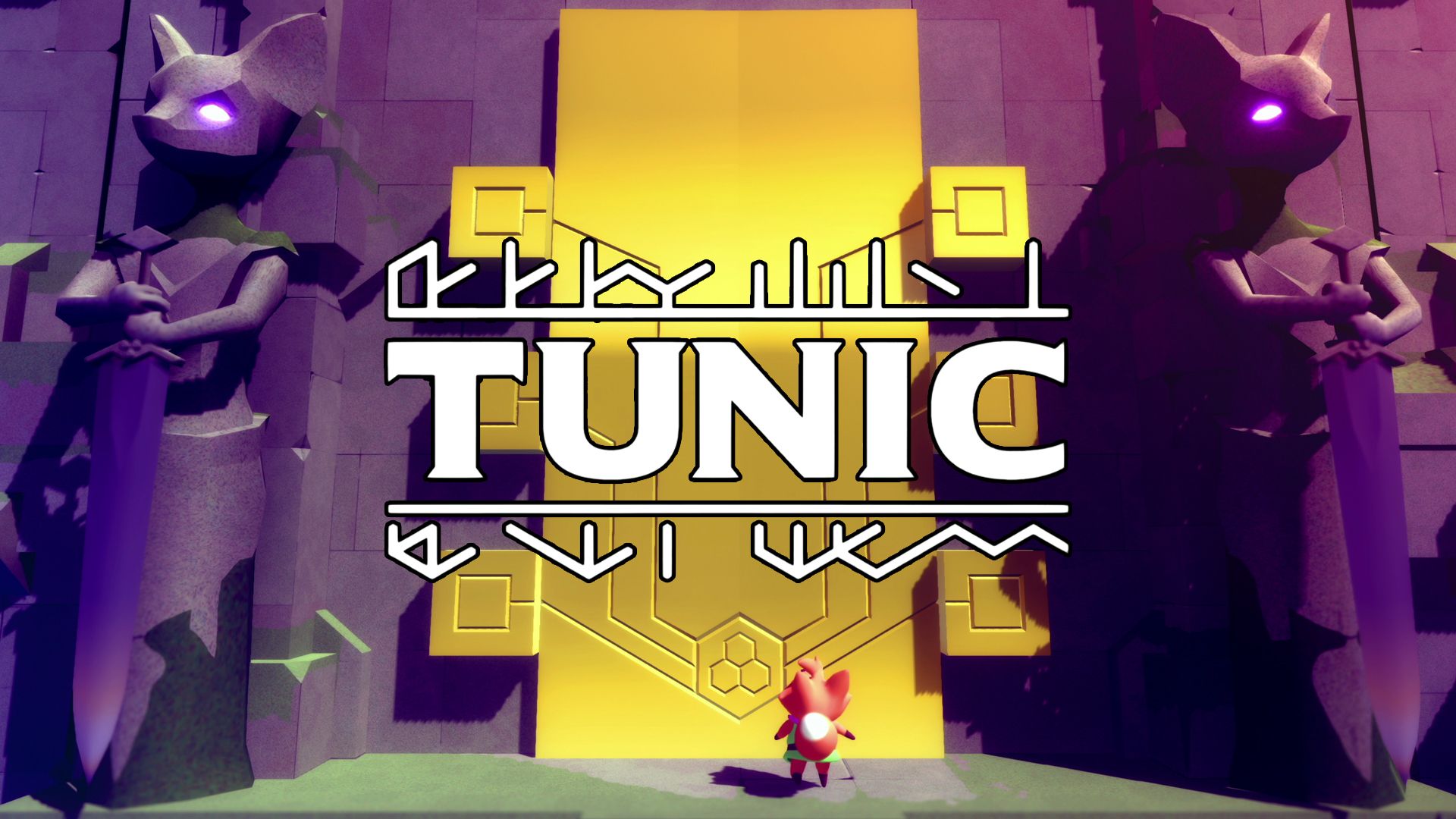
Few things capture the hearts and minds of players quite like a good adventure. Some of the most beloved game franchises of all time such as The Legend of Zelda and Pokémon are proof of that, and today, adventure games are a well-established and beloved genre. But there is more to an adventure than a sword, a winding road, and some enemies to strike: and in TUNIC, the less talked about aspects of adventure are brought to light. Developed by a single person in Andrew Shouldice and published by Finji, TUNIC is an ambitious title with many experimental ideas in the way it immerses the player in its world - and that world is not what it appears to be at first glance.
The Good - Putting it Together Slowly
One of the main aspects of the game and what sets the tone of TUNIC from the start is the fact that throughout the entire game and even in the menus, the language of the world is strange and cannot be understood by the player with the exception of a few keywords. This forces the player to double their attention and keep track of everything that they acquire, experimenting with their items and movement options in order to understand how the game is meant to be played. The player is truly put in the shoes of their hero, and there lies the main genius and greatest asset of TUNIC: immersion.
Due to the mysterious nature of everything in the world and the lack of out-of-character knowledge given in places such as menus, the players must immerse themselves thoroughly in this adventure to make sense of it, absorbing everything through personal experience and being subject to the game’s atmosphere. This encourages the player to explore everything and look for anything that might give them an extra clue as to what to do and where to go next. It is a simple, yet absolutely masterful execution of atmospheric and environmental design. TUNIC’s demand for the player’s attention and patience leads to one of the most engaging and immersive experiences of the past years.
And speaking of rewarding patience and attention, the world design of TUNIC is lovingly made with exactly that in mind. The graphics are cute and colourful, but the main kicker is how each area is designed with an amazing amount of hidden paths, nooks, and crannies that can lead to other areas, items, or secret passages as a way to quickly travel to an earlier point. The game unfolds like well-crafted origami, giving way to the player’s exploration as if it always expected to be poked and prodded in every way. There are many little secrets stashed away in every corner that are never truly locked from the player, but simply just out of sight, ready to reward the eager explorer or make the more linear-minded players smack their own foreheads hours later when they finally come across one. Playing TUNIC for the first time is a treat, and subsequent playthroughs are absolutely ripe for things such as speedruns and experimental attempts to traverse the land with previously-discovered pathways.
But a world designed for adventure needs to be populated with enemies. Combat in Tunic is deceptively simple at first: swinging your weapon, dodging, and waiting for enemy tells, but it quickly shapes up into a faster, riskier, and more challenging form while still being versatile. The game offers the player a wide variety of items throughout its runtime, from firecrackers to fire and ice potions, coins and stat-changing items to magic wands; and the most important aspect is that the game not only encourages the player to use their items: it encourages abuse of their items. As a player uses a consumable such as a firecracker, they will be given free extra uses for utilising the items often in a clever, fun twist of the usual formula: rather than using an item and being punished by losing it, the player uses their resources in order to immediately obtain more resources, blowing up their enemies for fun and profit.
A reliance on items is certainly needed as each enemy has its own tells and attack styles, and engaging with a particularly beefy opponent, shielded enemy or spellcaster is always a great - yet never unfair - challenge. Some items will even have distinct effects on the enemies they are used on, such as forcing the target to drop their shield or put out the fire they would otherwise use to attack, making these items the optimal engagement method. TUNIC encourages the player to engage with its enemies on any terms they want, from experimenting and skillfully dispatching foes with sword strikes to using items to dealing with them from a distance, and even comically dragging them towards a pit to be rid of them.
TL;DR
- Clever and effective focus on immersion
- Great stage design that encourages exploration
- Challenging yet fair enemy encounters
- Versatile combat options, encouraged by gameplay mechanics
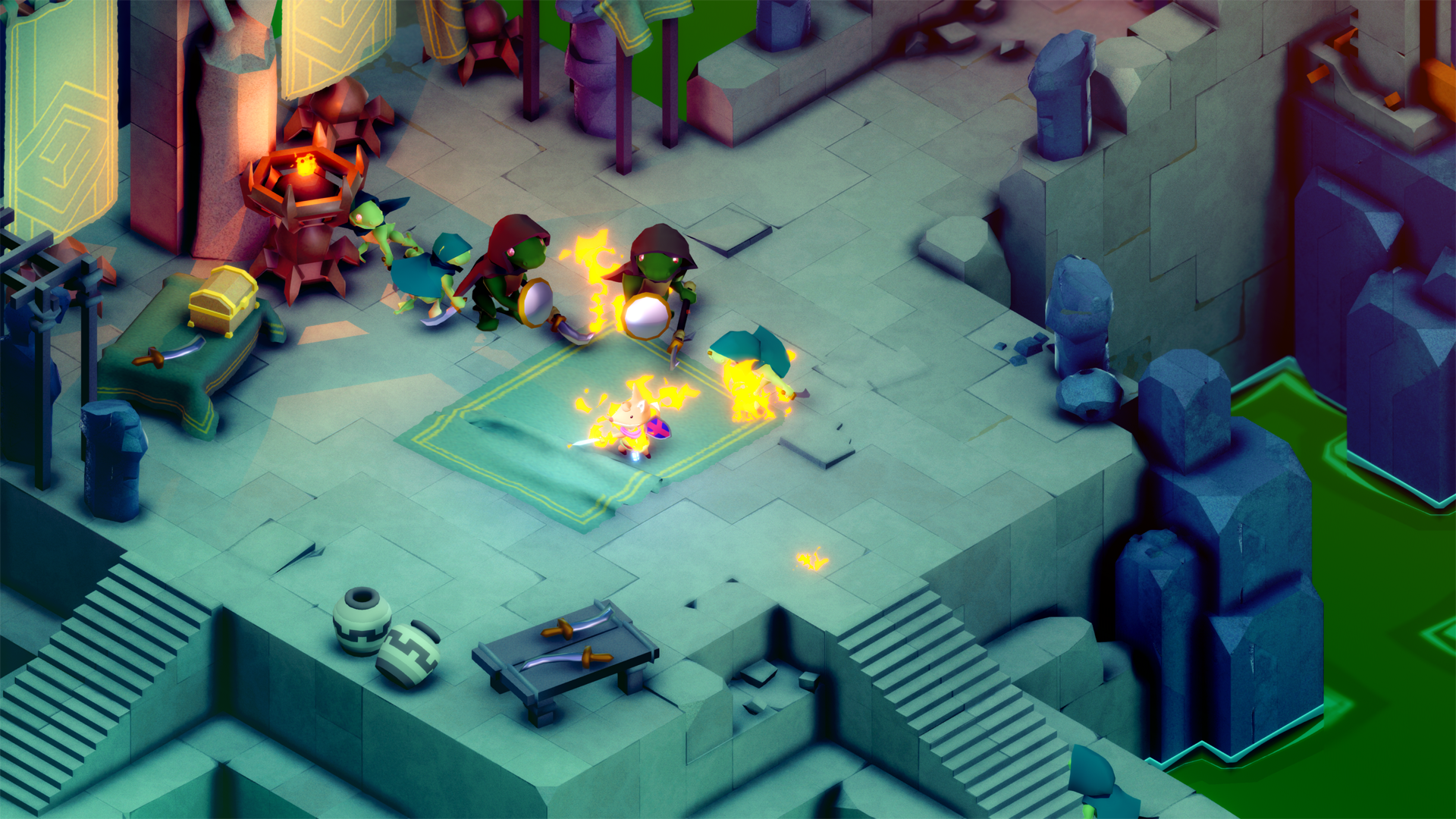
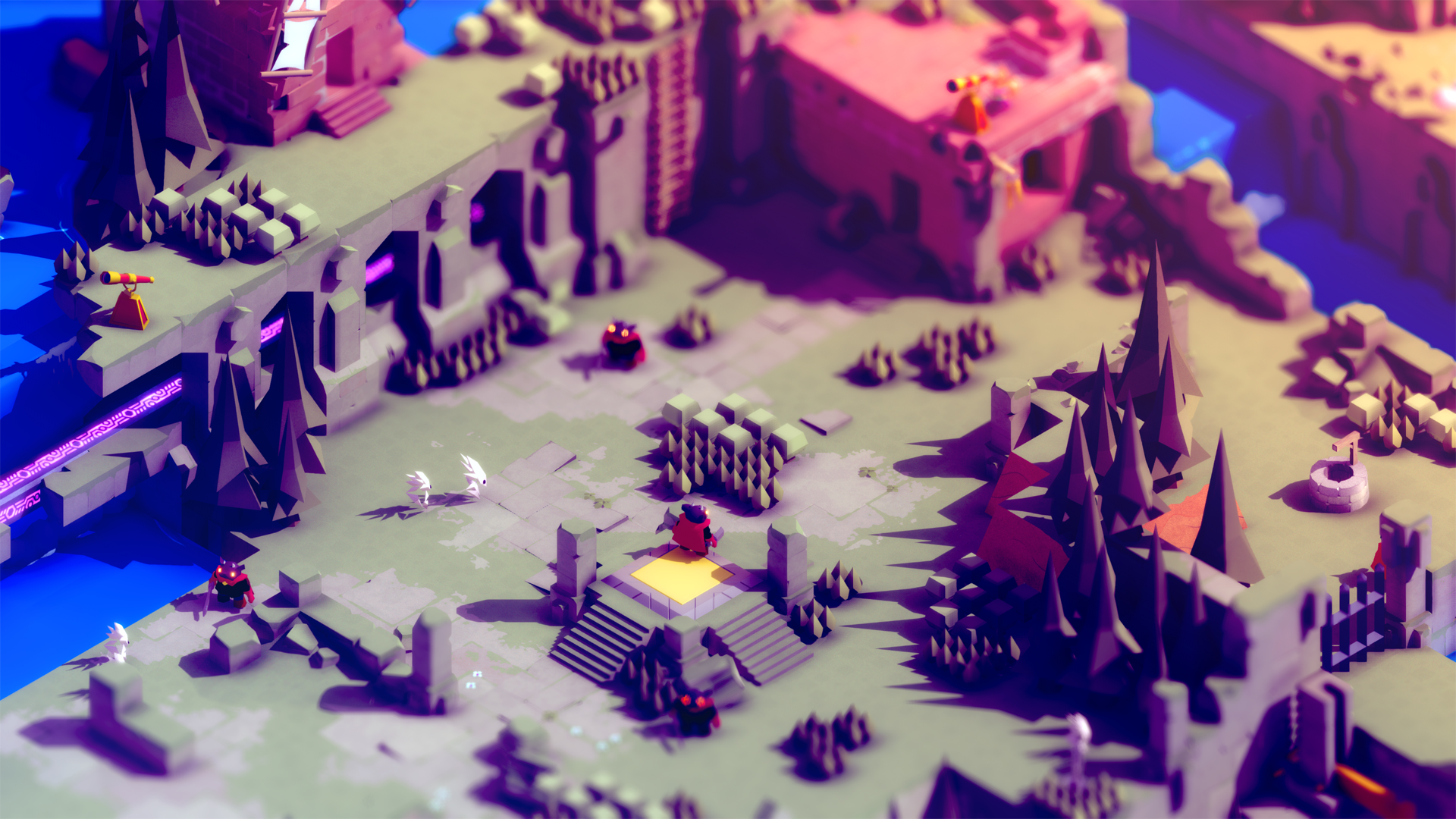
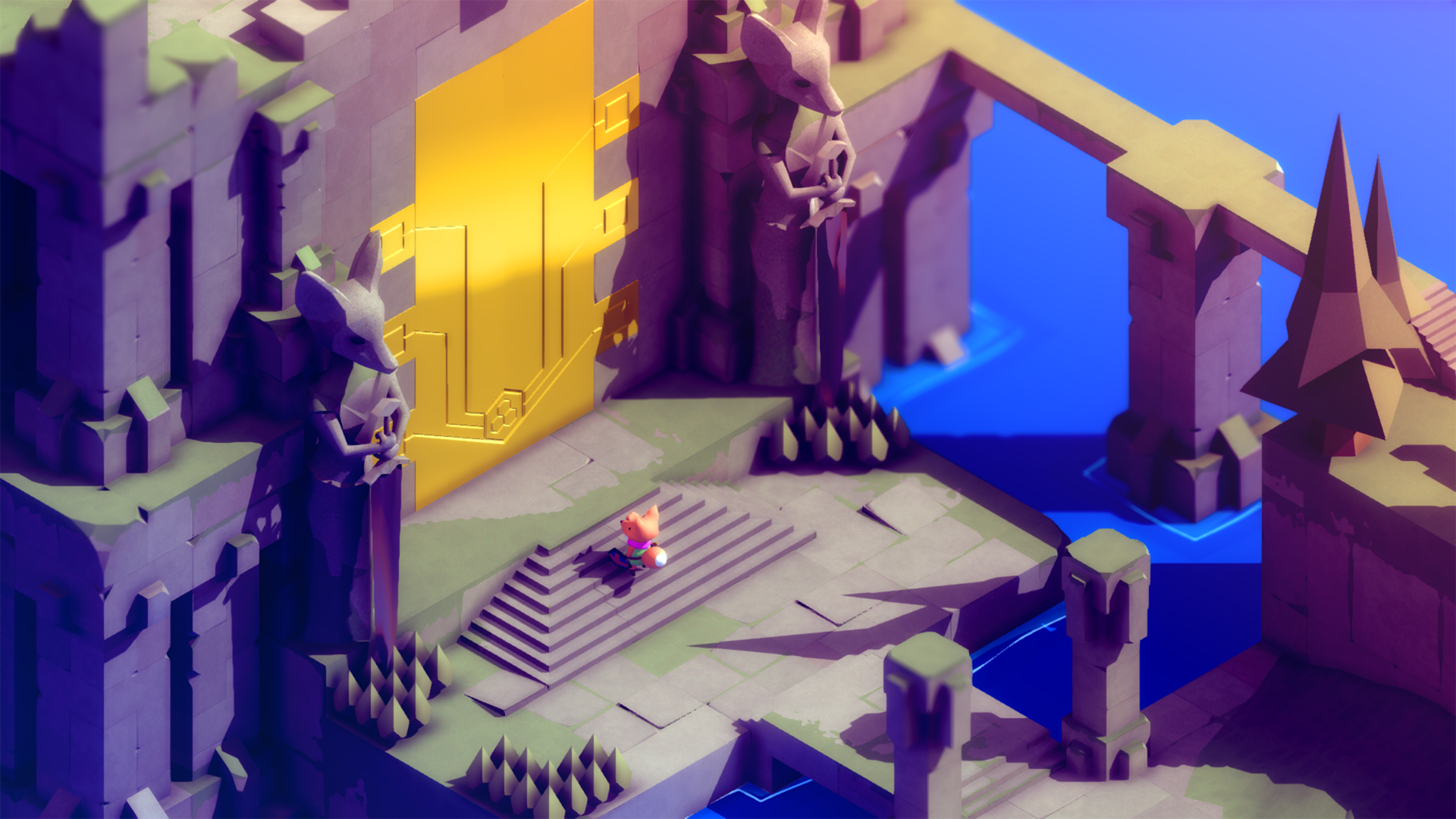
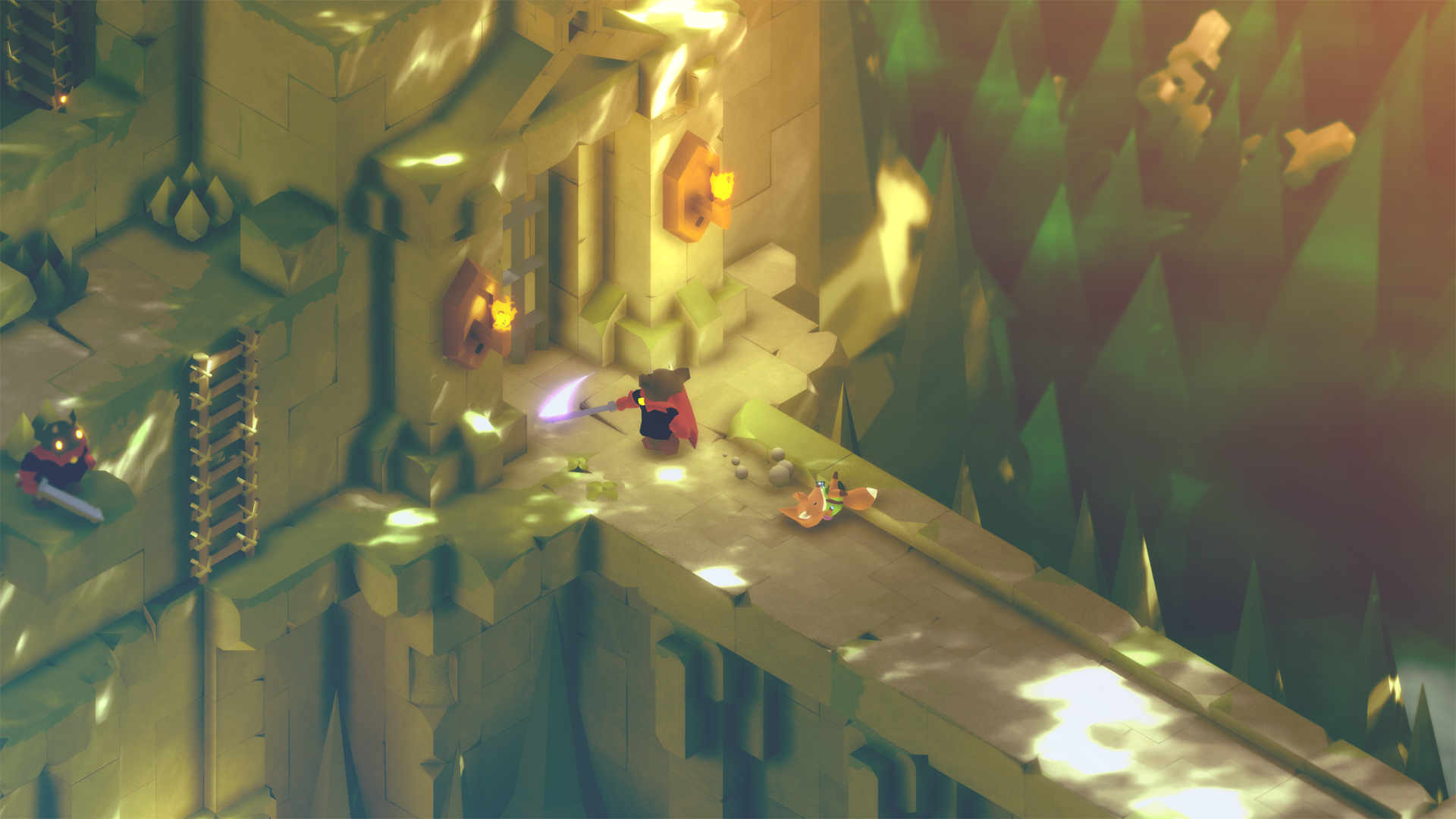
The Bad - Just Tell Me What You Mean!
The aspect that is TUNIC’s greatest strength also makes for a point against it at times. The mysterious world and the obscure way in which the players are forced to interact with it make for amazing immersion and moments, but as the game goes on and the world expands with more aspects being revealed, the player still only learns slivers through visuals and minor crumbs. Even as the story reaches its climax and the player finds more items that make things known, TUNIC remains obscure at absolute best about the reasons behind what is actually going on, and the nature of what is transpiring. The discovery process is never truly made any easier, and it can be frustrating to reach the end yet still feel like the big picture simply isn’t able to be seen.
As certain parts of the world and the story are shown to be more and more important to what is going on, there is still a massive lack of explanation and the tools to put everything together aren’t always available in-game. Although it is incredible that the mysterious language is fully functional and is possible to eventually translate, such effort is outside of the game and beyond what is reasonable to expect of most players. TUNIC holds its cards too close to its chest to the very end, choosing a rock-solid casing of obscurity and mystery over possible catharsis. The game is good to those that are capable and willing to spend a long long time slowly peeling away at its numerous secrets, but it can be quite vexing for those that aren’t able to give it as much time, who reach the end still feeling like they can’t make sense of the most important aspects of the story and the world.
Still in the later portions of the game, TUNIC makes use of debatable and frustrating mechanics in certain portions of the late game. The game is overall challenging yet absolutely fair, except for some short yet very poignant and mandatory sequences where the player is subjected to having their progress and upgrades invalidated and enemies that permanently diminish their health. It makes for a few sections where the difficulty feels more like padding and unfair rather than the previously seen straight and narrow difficulty approach - although temporary, it certainly leaves a lasting and annoying impression.
TL;DR
- Story and the world remain obscure to the very end
- Frustrating sections and mechanics in the late-game

Final Score: 8/10
TUNIC is a gem. The few grievances I could find are absolutely dwarfed by how marvellous the atmosphere of the entire game feels, and how incredibly immersive it is. TUNIC plays and feels like one of the greatest adventure titles of the past while being more than good enough to stand alongside modern titans. It isn’t often that I can say this and mean it - but playing TUNIC for the first time felt like playing an adventure game when I was still a child, and having an absolute blast. For any and all fans of action-adventure games, I cannot recommend this game enough. Managing to clear through the challenges that the game put in front of me made me feel exactly like the hero - clever like a fox.
Thank you for checking out our TUNIC Switch review, thank you to Finji (via ICO Partners) for providing the review code and thank you to our Patreon Backers for their ongoing support:
- Andrew Caluzzi (Inca Studios / Camped Out)
- Bel Cubitt
- NintenVania Podcast
- Rachelle Suri-Tucker
For more reading, check out our F.I.S.T.: Forged in Shadow Torch review.
